In this excerpt, Ileana discusses the unique energy and magnetism that made Celedonio Molinar’s embodiment of the devil character within the Congo tradition of Portobelo, Panama so special.



In this excerpt, Ileana discusses the unique energy and magnetism that made Celedonio Molinar’s embodiment of the devil character within the Congo tradition of Portobelo, Panama so special.
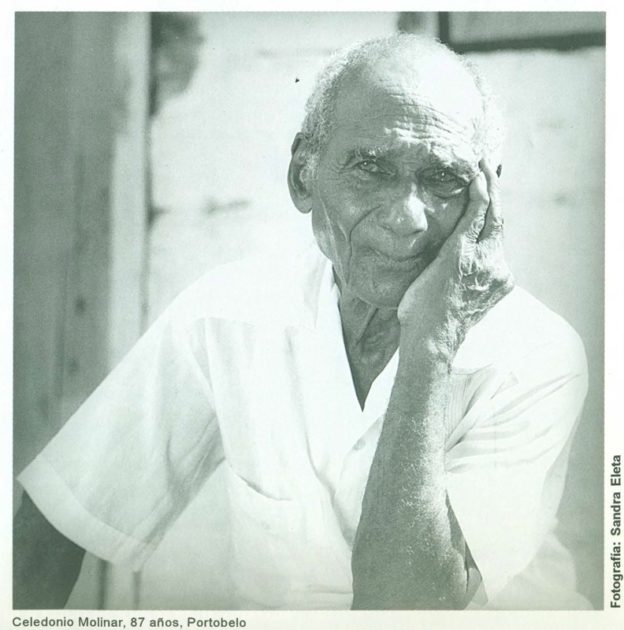
In this excerpt, Solís discusses what she believes is the legacy of Celedonio Molinar, renowned Major Devil in the Congo tradition of Portobelo, Panama.
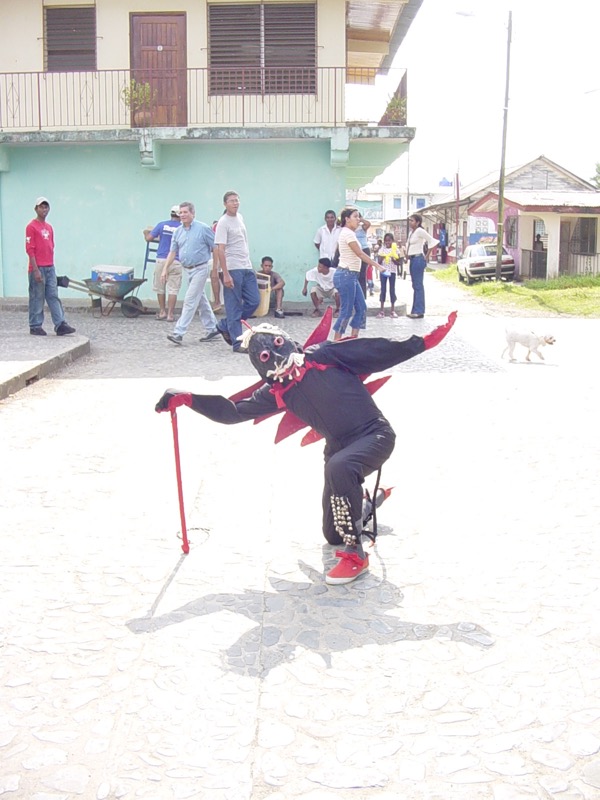
In this excerpt, Molinar discusses how he came to play the role of Major Devil in Portobelo. And how he reintroduced the practice of “Blessing” or “Baptizing” the Devil.
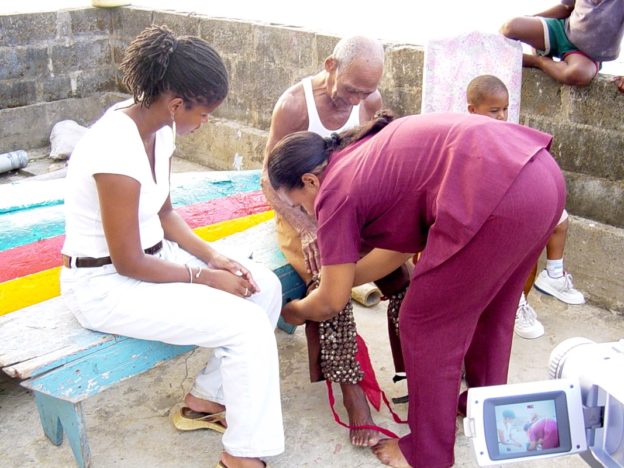
In this excerpt, Molinar discusses how he learned the role of Major Devil and the tradition of “Blessing the Devil” from a Portobelo native named Viudo Ceballos who had moved to Nombre de Dios. He also describes the way the devil tradition was practiced in Portobelo when he arrived there in 1945.
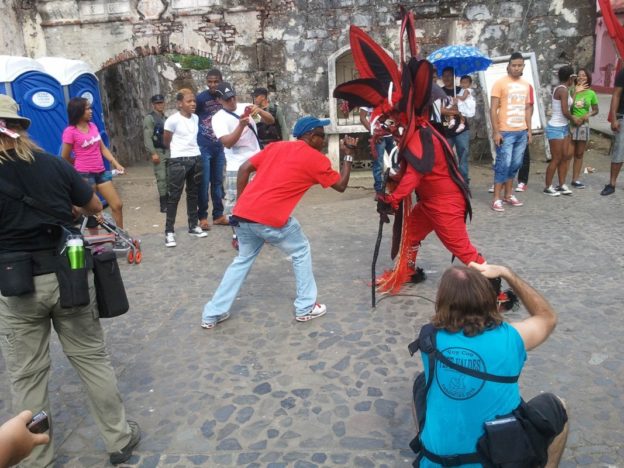
In this excerpt, Jiménez discusses his interpretation of how one is selected to play the role of Major Devil in the Congo tradition of Portobelo, Panama.
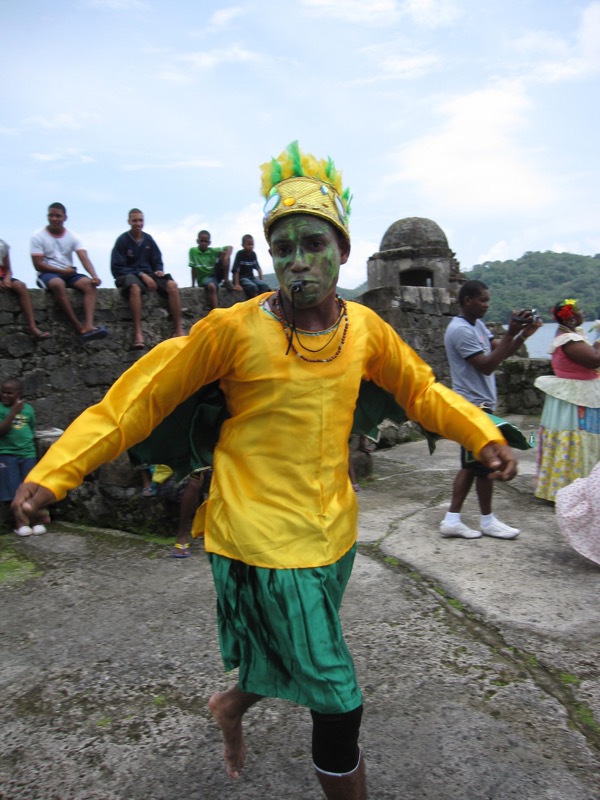
In this brief excerpt, Esquina discusses the significance of the Congo game and Congo dance including how prominently performing as a primary singer has figured into her life.
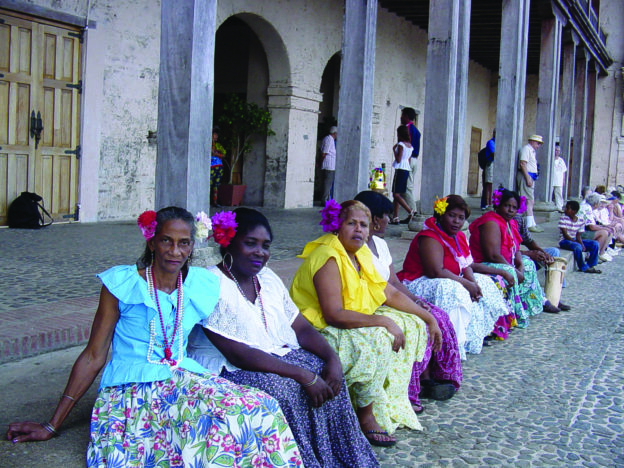
In this excerpt, Esquina discusses her pride for the Congo tradition and its importance to the towns of Panama’s upper coast.
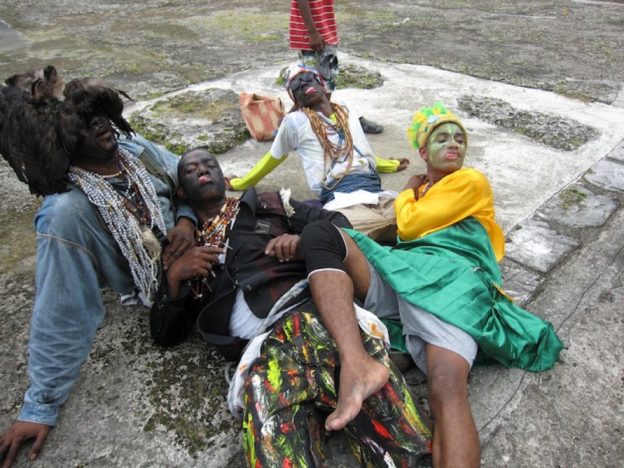
In this brief excerpt, Esquina describes the ways in which Congo season begins in Panama on the feast day of San Sebastian with the raising of the Congo flag.
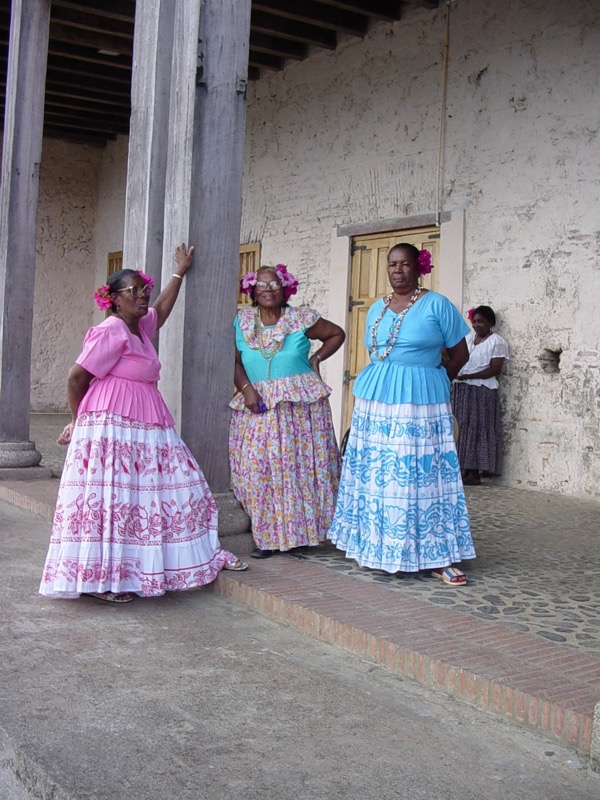
In this excerpt, Esquina discusses the changes she has seen in the Congo tradition over the course of her lifetime. Specifically, she talks about the role that a character named “Mama Guardia” once played.
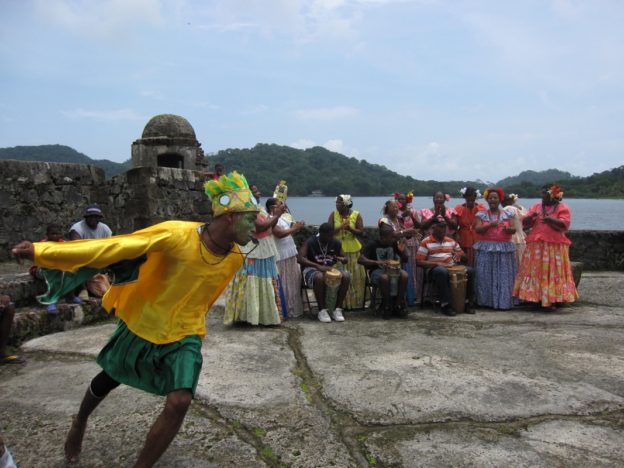
In this excerpt, Esquina discusses the changes she has seen in the Congo tradition over the course of her lifetime. Specifically, she talks about the role that Pajarito, the Little Bird, once played in the Congo game, and the ways in which the character and the game have shifted. The construction of the road signaled the end of the game as one between neighboring Congo Kingdoms who competed to capture each others’ palacio/palenque. The contemporary game is between the discrete Congo communities and the character of the devil.